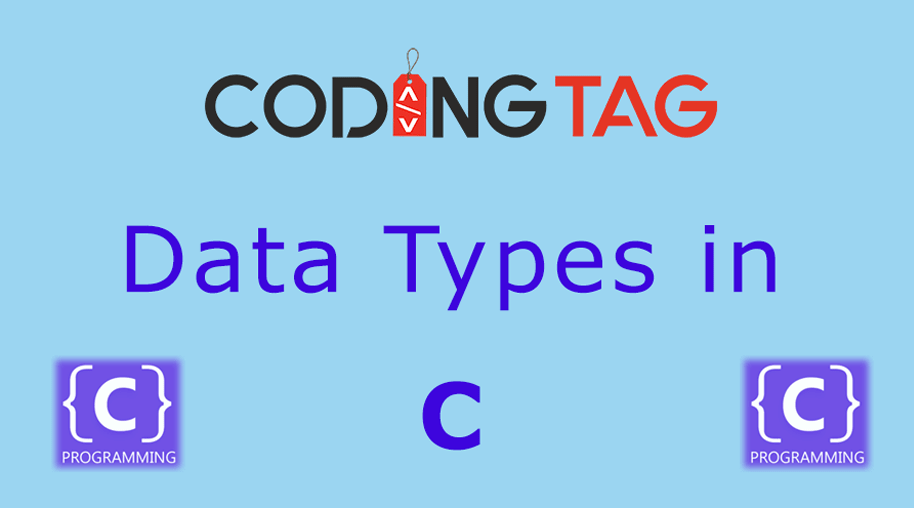Matrix Calculator in C
0 1401
A matrix calculator in C allows you to perform various operations on matrices efficiently, such as addition, subtraction, multiplication, and more.
These operations are essential in various fields, including mathematics, engineering, computer graphics, and data science.
By implementing a matrix calculator in C, you can manipulate matrices of different sizes and dimensions, making complex computations easier and faster.
Syntax of matrix calculator in C:
Implementation: The matrix calculator functions are implemented using appropriate algorithms for each operation. For example, matrix addition involves adding corresponding elements of two matrices, matrix multiplication employs the dot product of rows and columns, and matrix inversion requires finding the determinant and adjoint of the matrix. These functions are designed to handle matrices of different sizes and dimensions efficiently, ensuring accurate results for various applications. Additionally, error-handling mechanisms are implemented to handle invalid inputs or edge cases, enhancing the robustness and reliability of the matrix calculator.
Example:
1Matrix Addition
#include<stdio.h>Parameters: rows: The number of rows in the matrix. cols: The number of columns in the matrix. m, n, p: Dimensions of the matrices for multiplication. A, B, C: Matrices involved in the operations. mat: The matrix for which the determinant or inverse is calculated. inv: The inverse of the matrix. Other parameters are specific to each function.#include<stdlib.h> void matrixAddition(int rows, int cols, int A[rows][cols], int B[rows][cols], int C[rows][cols]); void matrixSubtraction(int rows, int cols, int A[rows][cols], int B[rows][cols], int C[rows][cols]); void matrixMultiplication(int m, int n, int p, int A[m][n], int B[n][p], int C[m][p]); void matrixTranspose(int rows, int cols, int A[rows][cols], int B[cols][rows]); int matrixDeterminant(int n, int mat[n][n]); void matrixInverse(int n, int mat[n][n], float inv[n][n]); void printMatrix(int rows, int cols, int mat[rows][cols]); int main() { // Your main function goes here return 0; } // Function declarations
Implementation: The matrix calculator functions are implemented using appropriate algorithms for each operation. For example, matrix addition involves adding corresponding elements of two matrices, matrix multiplication employs the dot product of rows and columns, and matrix inversion requires finding the determinant and adjoint of the matrix. These functions are designed to handle matrices of different sizes and dimensions efficiently, ensuring accurate results for various applications. Additionally, error-handling mechanisms are implemented to handle invalid inputs or edge cases, enhancing the robustness and reliability of the matrix calculator.
Example:
1Matrix Addition
// program to matrix calculator in C #include<stdio.h>Output:void matrixAddition(int rows, int colms, int A[rows][colms], int B[rows][colms], int C[rows][colms]) { for (int L = 0; L < rows; L++) { for (int M = 0; M < colms; M++) { C[L][M] = A[L][M] + B[L][M]; } } } int main() { int rows = 2, colms = 2; int A[2][2] = {{1, 2}, {3, 4}}; int B[2][2] = {{5, 6}, {7, 8}}; int C[2][2]; matrixAddition(rows, colms, A, B, C); printf("Result of matrix addition:\n"); for (int L = 0; L < rows; L++) { for (int M = 0; M < colms; M++) { printf("%d ", C[L][M]); } printf("\n"); } return 0; }
Result of matrix addition: 6 8 10 122Matrix Multiplication
// Program for Matrix Multiplication in C #include<stdio.h>Output:void matrixMultiplication(int m, int n, int p, int A[m][n], int B[n][p], int C[m][p]) { for (int i = 0; i < m; i++) { for (int j = 0; j < p; j++) { C[i][j] = 0; for (int k = 0; k < n; k++) { C[i][j] += A[i][k] * B[k][j]; } } } } int main() { int m = 2, n = 2, p = 2; int A[2][2] = {{1, 2}, {3, 4}}; int B[2][2] = {{5, 6}, {7, 8}}; int C[2][2]; matrixMultiplication(m, n, p, A, B, C); printf("Result of matrix multiplication:\n"); for (int i = 0; i < m; i++) { for (int j = 0; j < p; j++) { printf("%d ", C[i][j]); } printf("\n"); } return 0; }
Result of matrix multiplication: 19 22 43 503Matrix Transposition:
// Program for matrix Transposition #include<stdio.h>Output:void matrixTranspose(int rows, int cols, int A[rows][cols], int B[cols][rows]) { for (int i = 0; i < rows; i++) { for (int j = 0; j < cols; j++) { B[j][i] = A[i][j]; } } } int main() { int rows = 2, cols = 3; int A[2][3] = {{1, 2, 3}, {4, 5, 6}}; int B[3][2]; matrixTranspose(rows, cols, A, B); printf("Result of matrix transposition:\n"); for (int i = 0; i < cols; i++) { for (int j = 0; j < rows; j++) { printf("%d ", B[i][j]); } printf("\n"); } return 0; }
Result of matrix transposition: 1 4 2 5 3 6

Share:








Comments
Waiting for your comments